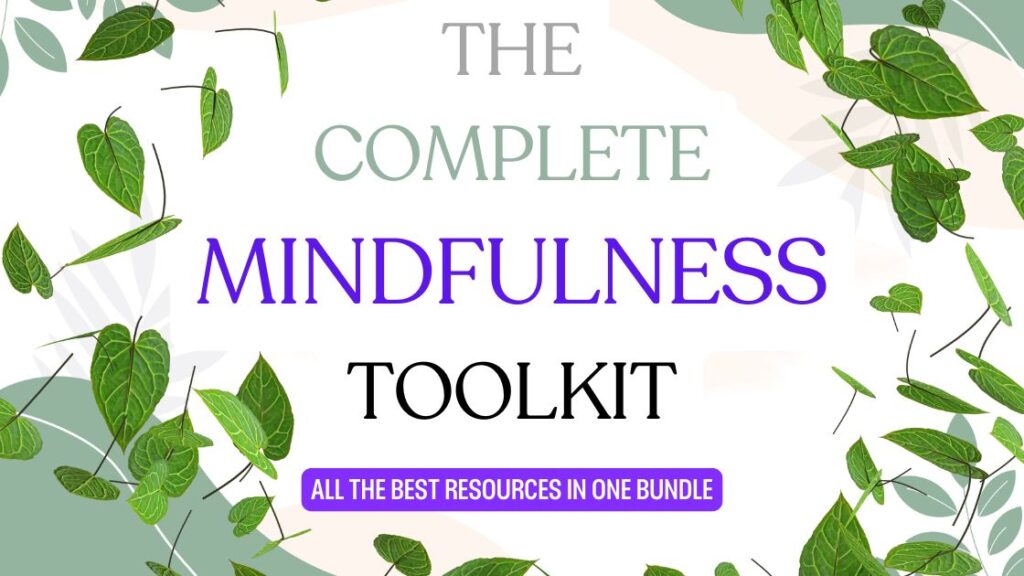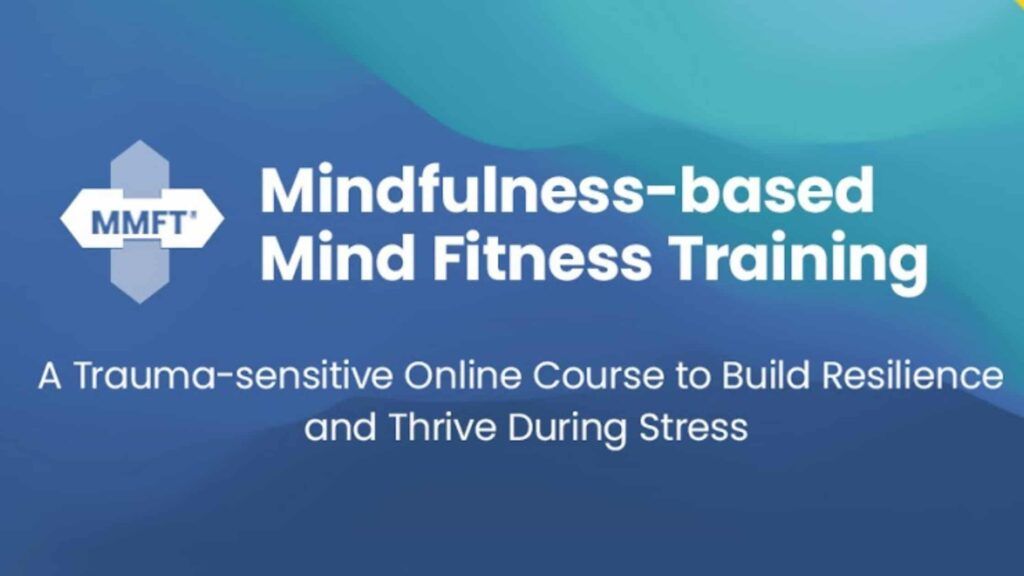We’ve all experienced stress—it drags you down, quickens your pulse, and disrupts your inner peace. But how does mindfulness reduce stress in these moments? Mindfulness offers a powerful approach to manage stress, no matter where you are or what you’re doing. It’s not just a trendy buzzword; it’s a proven technique to regain control over your stress levels.
Imagine being able to lower your stress without needing any fancy equipment or a special setting. Mindfulness is about being present, paying attention to your thoughts and feelings without judging them. It’s simple, but incredibly effective. Let’s break down how it fits into the stress puzzle.
Role of Mindfulness in Stress Reduction
- Stress doesn’t just mess with your head—it disrupts your body too. Your heart pounds, your blood pressure spikes, and those stress hormones, like cortisol, get released. Over time, chronic stress can lead to all sorts of health problems, from heart disease to anxiety disorders.
- Mindfulness helps create a buffer against this chaos. When you’re mindful, you can better manage your emotional reactions. Instead of flipping out, you acknowledge your stress and then let it go. Less reactivity means less stress, which translates to better health overall.
- You don’t need to be a monk or a meditation guru to benefit from mindfulness. Anyone can practice it, anywhere. Think of it as a mental workout. The more you practice, the better you get at handling stress. You might start with just a few minutes a day and find that it makes a huge difference.
The Mechanism Behind Mindfulness & Stress Reduction
Alright, let’s get into the nitty-gritty of what makes mindfulness so powerful against stress. It’s not magic, it’s science! Mindfulness works by influencing the brain and body in several incredible ways.
- First up, let’s chat about how mindfulness activates the parasympathetic nervous system, also known as the rest-and-digest system. When you’re mindful, you’re stimulating this system, which helps calm your body down. Essentially, it’s like hitting the brakes on your stress response. Your heart rate slows, your blood pressure drops, and your breathing becomes more even. It’s your body’s way of saying, “Chill out, we’ve got this.”
- What’s going on in that head of yours? Well, when you practice mindfulness regularly, it can help rewire the brain. Mindfulness encourages the growth of new neural pathways and strengthens existing ones related to attention and emotional regulation. This neural remodeling makes it easier for you to stay calm and collected, even in stressful situations.
- Also, by being mindful, you’re kicking off the body’s relaxation response. This counteracts the fight-or-flight response brought on by stress. Instead of staying in a constant state of alert, your body can relax, recover, and restore balance.
- Why does this matter? When you’re not constantly stressed, your cortisol levels go down. That’s the hormone that spikes when you’re feeling frazzled. Lower cortisol means less inflammation and a healthier body. Think of cortisol as a troublemaker; mindfulness is the peacekeeper that keeps it in check.
As you practice mindfulness, you start noticing what triggers your stress and can manage it better. It’s kinda like having a map to navigate through your feelings instead of getting lost in them.
Hope you’re finding this post useful!
Want to take your mindfulness practice further? I have got some fantastic tools that could be just what you need. Give them a look and see how they can benefit you!



Mindfulness & the Relaxation Response
- When stress hits, our bodies tend to freak out. The fight-or-flight response kicks in, and while that’s handy if you need to run from a bear, it’s less helpful when dealing with a work deadline. Mindfulness can flip the switch on this reaction and activate the body’s relaxation response instead.
- So, how does it work? Engaging in mindfulness practices sends calming signals to your brain. This leads to a drop in heart rate, lower blood pressure, and slower breathing. Your body starts moving away from that high-alert mode into a more peaceful, relaxed state. You feel more in control and less like a ball of stress.
- Cortisol, the stress hormone, usually spikes during stressful times. Mindfulness helps keep those levels in check. Imagine mindfulness as a thermostat for cortisol. When practiced regularly, mindfulness brings those boiling cortisol levels down, ticking them closer to normal. Reduced cortisol means you feel less frazzled and more balanced.
- Mindfulness doesn’t just put out the immediate stress fires; it builds resilience over time. The more consistent your practice, the better your body and mind get at shifting into relaxation mode and staying there. It’s like training your stress response so that it knows when to chill out. That’s the power of mindfulness in transforming how we handle stress.
Practical Mindfulness Techniques for Stress Reduction
Mindfulness doesn’t have to be complicated. You don’t need to go on a retreat or spend hours meditating to see the benefits. Here are some easy-to-implement mindfulness techniques that can fit right into your daily routine.
- Start with mindfulness meditation. Find a quiet spot, sit comfortably, and close your eyes. Focus on your breath and how it feels as you inhale and exhale. When your mind starts to wander (because it will), gently bring your focus back to your breathing. Start with just five minutes a day and gradually increase the time as you get more comfortable.
- Mindful breathing is another great technique. You can do this anywhere, anytime. Take a deep breath in, hold it for a second, and then slowly breathe out. Paying attention to your breath helps anchor you in the present moment, making it easier to let go of stress and tension.
- Body scans are super beneficial, especially before bed. Lie down and mentally scan every part of your body from head to toe. Notice any areas of tension and consciously try to relax them. This practice can help you wind down and improve your sleep.
Another helpful tip is to set reminders for mindfulness breaks. Use your phone or computer to set gentle reminders to pause and take a few mindful breaths throughout the day. This keeps mindfulness on your radar and helps you stay centered, no matter how hectic life gets.
Ready to take your mindfulness journey to the next level?
Discover programs that can enhance your practice and boost your overall well-being.





